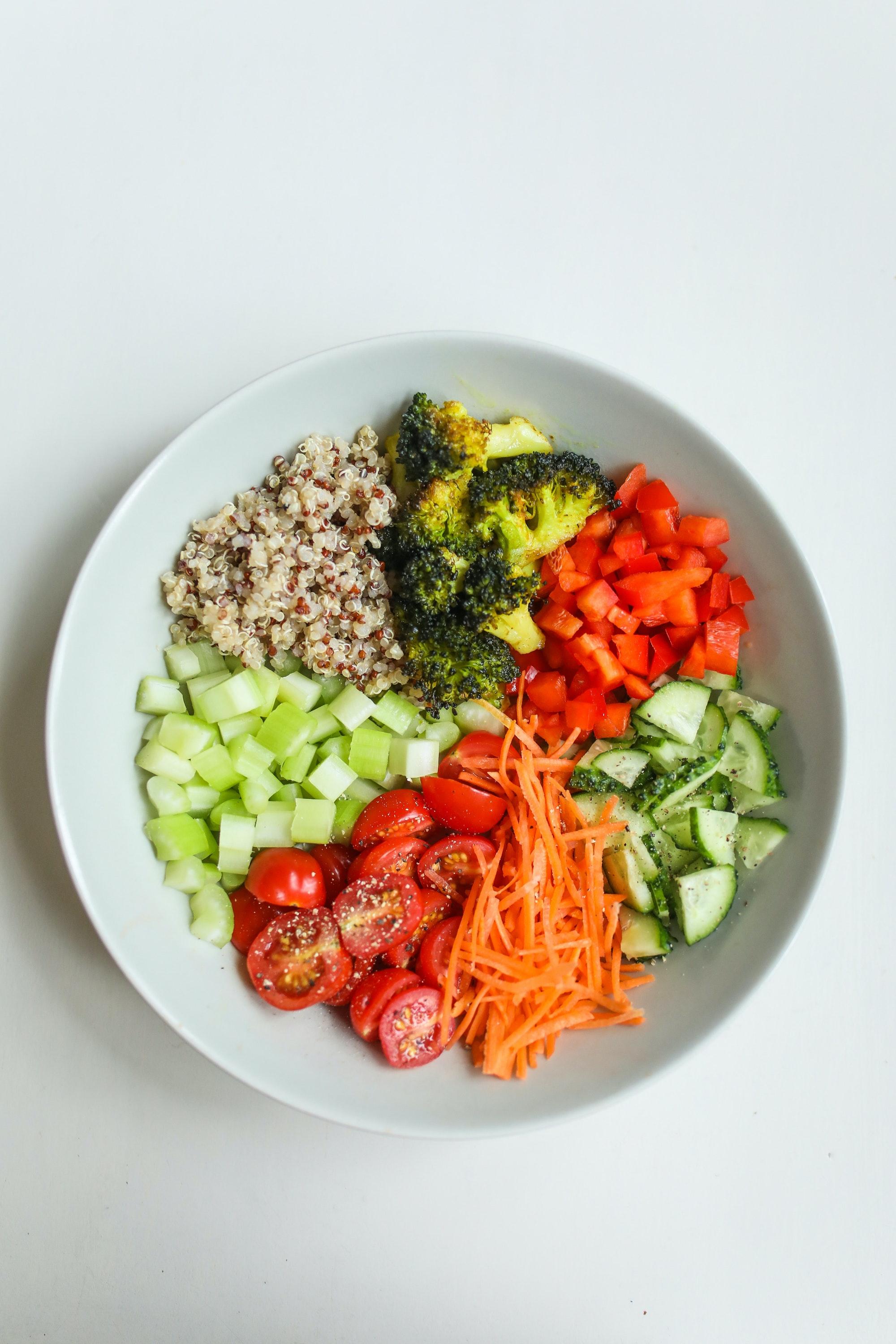Feeling bloated or groggy? Gut health may be to blame! Want to learn more? Lets dive in!
Gut Health 101
When we talk about the gut, we are referring to the gastrointestinal (GI) tract. The primary function of the GI tract is to digest and absorb the foods and nutrients we eat. While that doesn’t seem very glamorous, the gut has a significant impact on our overall health. The gut plays an essential role in immune and mental health.
The intestines contain a tissue called “gut-associated lymphoid tissue,” or “GALT,” which is responsible for nearly 70% of the immune system response. The GALT processes or eliminates the food, nutrients and bacteria that travel within the intestines. In other words, the gut helps to eliminate harmful bacteria or pathogens that enter our body. This keeps our whole body healthy.
Recent research suggests GI health may also impact mental health. As it turns out, the Enteric Nervous System (ENS), or the nerves within the GI tract, may be able to communicate with the brain. What does this mean? If something is wrong in your gut, it may actually signal the brain and impact your mood.
For these reasons, it is essential to maintain good gut health to preserve overall health. But how do we do that? One way is though the foods we eat!
The gut microbiome contains millions of “good” bacteria. In order to maintain a healthy gut, we must keep these bacteria “happy.” Luckily, this can be done by following a healthy diet! In particular, diets containing pre- and probiotics, fermented foods, and adequate amounts of whole foods, have proven beneficial for GI health. Lets talk about these foods a bit more!
Prebiotics and Probiotics
One way to keep the gut bacteria “healthy” is by feeding it good food!
Prebiotics are food sources that can withstand gastric acids, are fermented by intestinal bacteria, and allow the intestinal bacteria to continue growing. In other words, prebiotics are the “good foods” that keep the gut “happy.” Many prebiotic foods are fiber containing; examples of prebiotics include asparagus, garlic, onion, wheat, oats, and soy.
Probiotics are living organisms, such as bacteria or yeast, that are added to food products, such as yogurt. When probiotics are consumed, they establish themselves in our gut, and help the existing gut microbiome digest and absorb nutrients, and fight infection.
Probiotics can also be consumed via supplements. For more information on this, check out our Ultimate Guide to Supplements.
Fermented Foods and Beverages
Fermented foods are preserved with bacteria. Some common examples you may recognize include kimchi, sauerkraut, and tempeh.
Fermented foods are typically made from fruits or vegetables. In the examples above, cabbage is used to create kimchi and sauerkraut, and soybeans are used to make tempeh. In these examples, vegetables are placed in a salty solution and left to sit for days to months. The salty solution will allow good bacteria to grow. When these foods are consumed, the bacteria that has grown on the food will act as a probiotic, as discussed above.
It is also possible to make fermented beverages, such as kefir and kombucha. In this case, a bacterial culture is placed in either milk (kefir) or tea and sugar (kombucha). The bacteria culture feeds on the sugar within the beverage for days to months, and again, acts as a probiotic when consumed.
Whole Foods
Probiotics, probiotics, and fermented foods are definitely beneficial for good health. However, a minimally processed, whole foods, diet is just as important!
The gut expects to receive whole, unprocessed, foods. It wants to digest these foods, and extract nutrients, which act as a food source for the gut. However, when we feed the gut highly processed foods, the gut has fewer nutrients to digest, and feed off of. This can make the gut “unhappy,” which can ultimately lead to reduced immune function, and can effect our mood!
Bottom Line
It is important to eat unprocessed foods, prebiotics and foods containing probiotics in order to maintain good gut health. However, you should see a GI doctor or dietitian if you are experiencing significant GI Distress.
While this page focuses on diet, lifestyle, is also an important factor in gut health. For these reasons, it is essential to eat well, and practice proper self care when it comes to sleep routines and stress management! See our other blog posts for tips to improve sleep and stress. If you need more support that’s tailored to you, book a session with a Culina Health dietitian.






